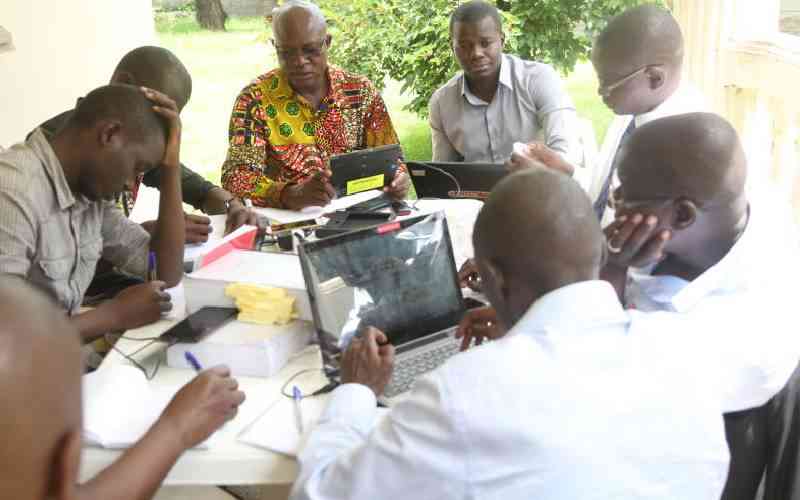×
The Standard e-Paper
Home To Bold Columnists

The opposition's continued push for the Independent Electoral and Boundaries Commission (IEBC) to open servers will not change the outcome of last year's elections, according to an observer.
From the time Azimio submitted the petition against the presidential results, it has been pushing for the opening of IEBC servers, a demand that among others has inspired anti-government protests.